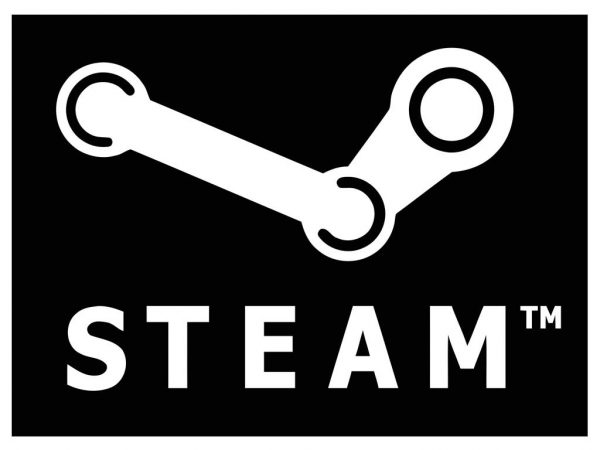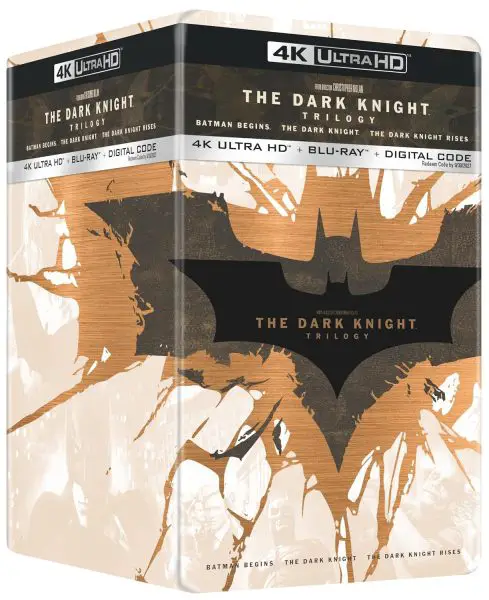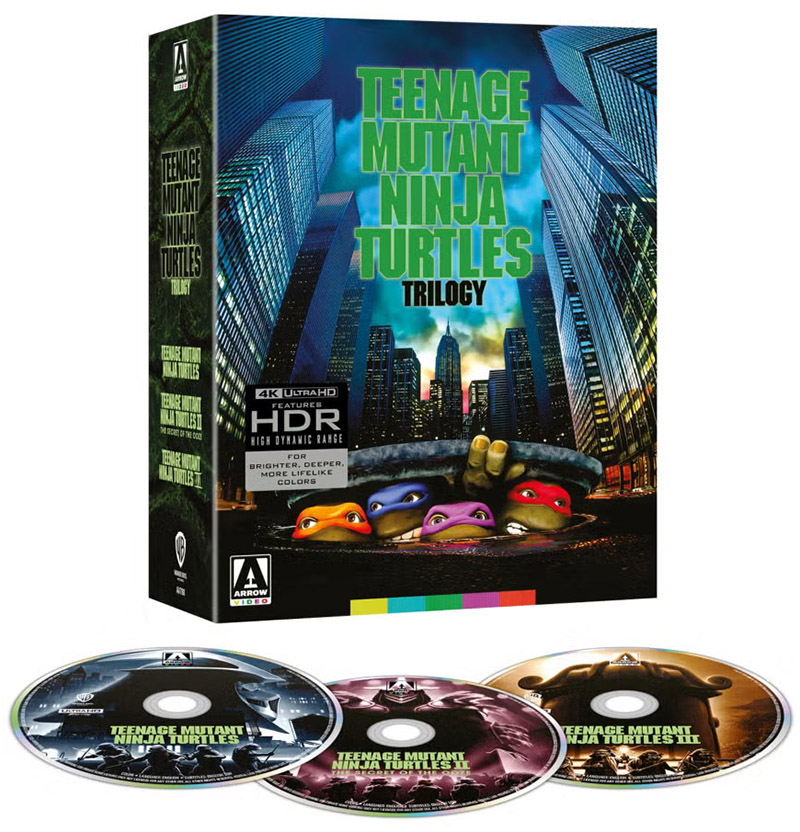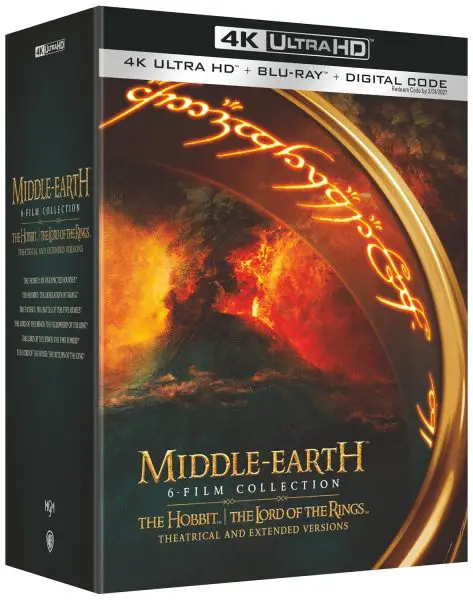
Imagine, for a moment, that all physical game stores suddenly ceased to exist.
It’s a fantastical scenario, but not quite as crazy as you might believe. With GameStop and UK games retailer GAME reporting record low sales – and GameStop going so far as to close hundreds of locations – it’s starting to look like we’re at least at the early stages of an all-digital gaming future.
Some look at this future and can’t help but feel a sense of dread. To them, not being able to buy a physical game means that they’ve lost a consumer freedom as well as the ability to truly own a game.
Others, however, eagerly await an all-digital future that is slow to come. There are many reasons why that is the case, but the common belief is that all-digital game retail means that games will be cheaper.
However, the truth isn’t quite that simple.
It’s perfectly understandable why consumers think all-digital gaming would be cheaper. If a company no longer has to pay to have physical discs made, shipped, and sold, then surely they can essentially cut out all middlemen and let consumers purchase these titles at prices previously reserved for retailers.
That’s not an entirely inaccurate viewpoint, but it’s certainly an optimistic one that doesn’t account for the role of the distributor. Yes, no matter what we do, it’s going to be impossible for anyone to cut out some kind of middleman distributor from the equation.
In and of themselves, distribution networks aren’t a problem, but they do create problems. Namely, they need to be able to make money off of the service they provide. The best way to do that is to take a cut from the products they sell, like most every retailer in the world. Even if a developer does save money on physical distribution, they’re never going to be able to pass on full savings to the consumer even if they set up their own distribution platform.
That leads to the problem of competition. We’re just now seeing multiple PC digital distributors gain a foothold, which forces all of them to run traditional sales in order to beat their competitors. However, PCs are a – mostly – unified platform. How does that competition translate to the console market? If Sony runs a digital sale, does Microsoft really care? How many people, in the short terms, are going to buy a brand-new console just to occasionally save a few bucks on multi-platform games?
Speaking of consoles, how does hardware work in an all-digital future? Sure, Microsoft, Sony, and Nintendo could just rely more on their own websites and online retailers like Amazon in order to move hardware, but a big part of the reason they don’t is because doing so can be more expensive and forces them to take on a far greater degree of responsibility.
The point here isn’t to portray digital games as the devil. We do need to be working towards an all-digital future. If, however, you believe that the only thing keeping the costs of games $60 is those damn brick and mortar stores, you probably don’t appreciate just how far away we are from a practical version of an all-digital future that doesn’t rely on magical scenarios.












